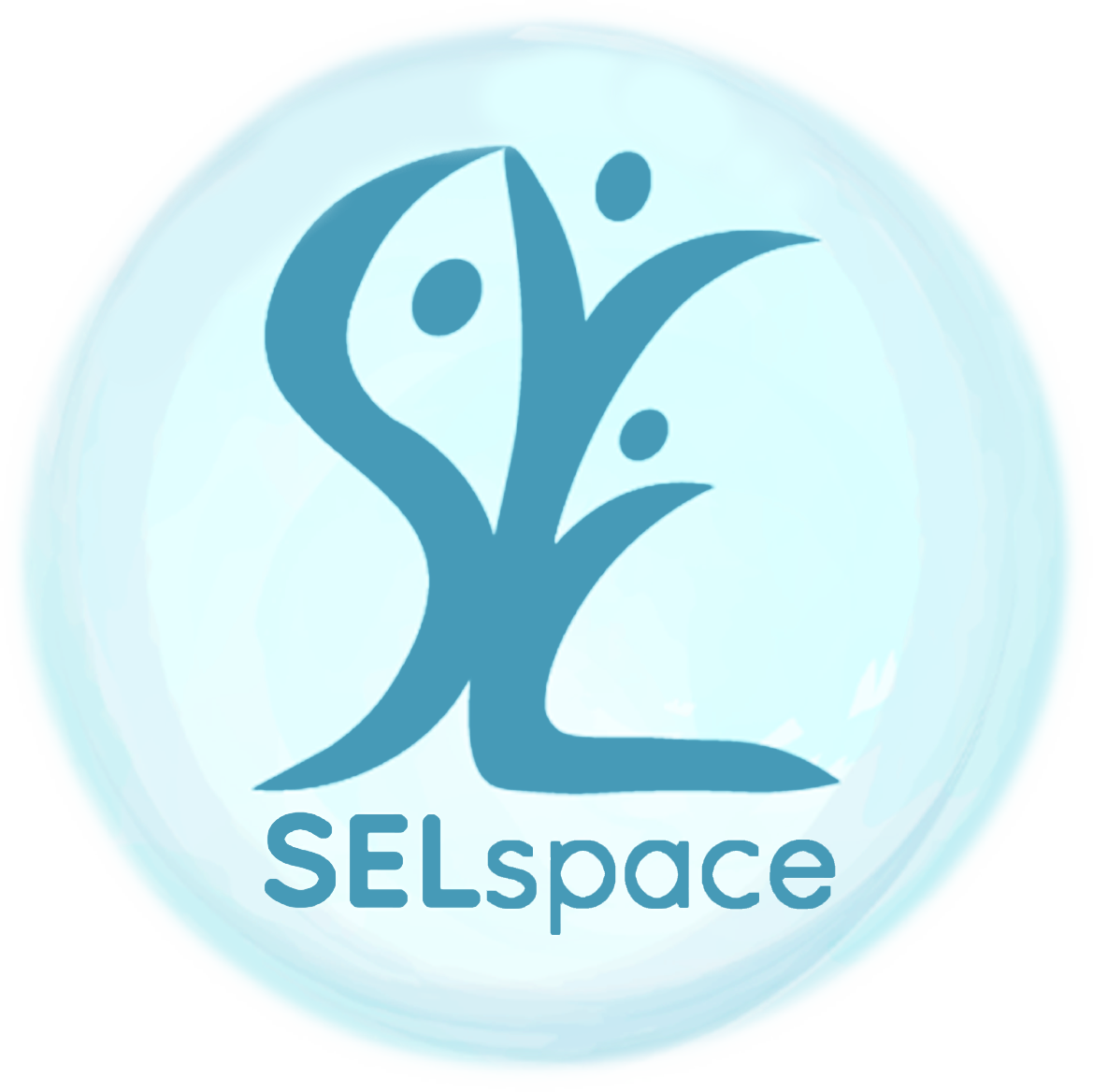Connection Between SEL and Mental Health
SEL and Mental Health
“Social and emotional learning (SEL) is increasingly recognized as playing a critical role in the promotion of positive mental health and the prevention of mental health disorders among children and youth.
A key focus of SEL is to promote positive development through the fostering of social and emotional skills that form the foundation of mental well-being and success in life. Skills such as understanding and managing emotions and behaviours, solving personal and interpersonal problems, building healthy coping strategies, and developing self-esteem and confidence, help children cope with difficulties and build positive relationships, increasing their resilience so that they are better able to deal with life’s challenges.
While most SEL programs and activities focus on developing skills in individuals, they have also been shown to be effective in helping to create safe and caring school climates, and classrooms where being compassionate, respectful and supportive is valued and expected – the kind of environments that promote the mental well-being of all students, and support the needs of children at risk.
Mental health is not a static state that exists only within a child, but is also influenced by the interactions between the child and his or her environment. Thus, integrating SEL into teaching practices will not only enhance social and emotional skills in the individual child, but will also help to create safe and supportive environments in which all children feel they belong, reduce the stigma of mental health difficulties, and encourage help-seeking when children need it, promoting mental well-being in all children.”
-the Faculty of Education at UBC and the Social-Emotional Education and Development (SEED) Research Team

Links to Mental Health Resources for Educators:
Our Role as Educators:
Schools are a significant place for promoting Mental Health and Social and Emotional Learning.
Children and youth spend a good portion of every day in school, on average ten months of the year, from as early as age three. This presents educators with a significant opportunity to help students learn and practice mentally healthy habits and social-emotional skills within a safe, caring, and inclusive setting.
